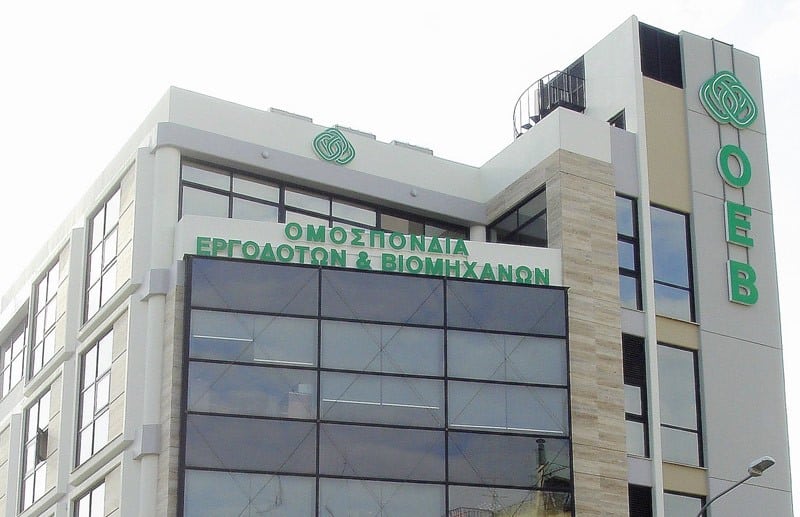Employers’ groups expressed disappointed over the government’s decision to raise the national minimum wage to €1000 per month, citing economic concerns. In contrast, most labour unions lauded the decision.
Most employers’ groups said that the government’s decision was inexcusable based on the current economy.
On Wednesday, Labour Minister Yiannis Panayiotou announced that the national minimum wage would be increased from €940 to €1,000 per month.
Meanwhile, the general secretary of the Cyprus Chamber of Commerce Marios Tsiakkis expressed his disapproval of the government’s move.
He said that he did not so much disagree with the level of the minimum wage, but with the philosophy and practice used to determine this increase.
He added that from the outset, the Cyprus Chamber of Commerce made it clear that there should be a conclusion to a thorough science-based formula, which would always be used to update the minimum wage, using specific economic indicators, such as inflation, the growth rate of the economy, productivity, and unemployment.
“Stakeholders would have to agree on the weight to be given to these indicators in a formula that would define the minimum wage, so that any increases would be compatible with the limits of the economy’s and companies’ resilience. That formula could result in a smaller or larger number of increases than what was agreed upon,” he said.
He said that the government instead decided to set the new minimum wage based on the national median wage and inflation rates.
“We seem to be repeating bad practices of the past, and we are concerned that if we go with this logic we will create additional problems in the economy,” he said.
He noted that the state payroll (public sector payroll) has already been increased by 15 per cent which “cannot be justified” and accounts for one-third of the state budget.
Employers and Industrialists Federation (Oev) head Michael Antoniou said that a 6 per cent increase in one year is not justified.
He noted that considering the growth rate of the economy, the growth rate of national productivity, inflation, and unemployment, Oev had submitted a proposal for a reasonable, justified increase in the minimum wage.
“This 6.5 per cent, €1,000, is financially unevidenced for the strength and potential of the economy, because we are primarily talking about the starting salary of a person entering the labour market for the first time,” he said.
Antoniou said that there will be pressure from employees to receive raises, especially if they are the ones earning €1,100 or €1,300 per month.
These people would put pressure for a raise, as newcomers would already be receiving €1,000, while they are on that salary with 3-4 years’ experience.
He expressed the view that there can be no increase in unemployment after the increase in the minimum wage since the labour market is completely drained of labour. He added that there is so much need that people will not be laid off.
Meanwhile, trade unions Sek and Deok welcomed the government’s proposal, while left-wing union Peo still had reservations with it.
General secretary of Sek, Andreas Matsas, said the increase is positive and based on the European Commission’s approach, so that it is not linked to the poverty line.
At the same time, he said that the €1,000 cushion gives the possibility in the next period to create conditions, in conjunction with the increased median wage, to achieve something better for workers.
However, he noted that there are also weaknesses and that the need arises to monitor and make sure that there is no exploitation of workers, either in relation to the performance of the minimum wage or in relation to dismissals that may occur due to this large difference between the point of entry into the labour market and employment after six months with the same employer.
Meanwhile, in a statement, Peo said the 1.7 per cent increase in the minimum wage for recruitment and 6.4 per cent after six months of service with the same employer does not fully restore the market value of the minimum wage since based on the data submitted by Peo to the evaluation committee, the degradation of the minimum wage by inflation is in excess of 14 per cent (2021 – 2023).
The union added that the data is even worse for the minimum recruitment wage, which under the decision is not increasing at the same rate as the wage after six months of service.
“A key problem continues to be the failure to set an hourly rate of return for the minimum wage, considering that this erodes its very targeting and effectiveness,” the union said.
For its part, Deok union welcomed the increase in the minimum wage, but did highlight that there needs to be an hourly rate set.







Click here to change your cookie preferences